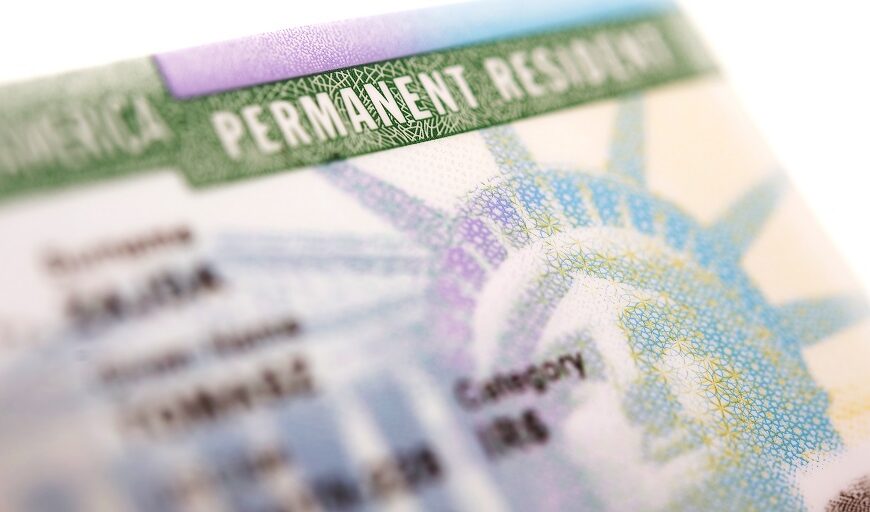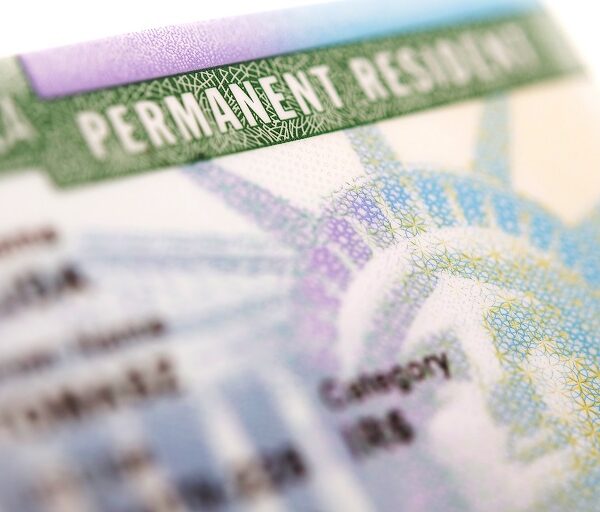Introduction
Germany’s political landscape is constantly evolving, and recent discussions within the coalition government have sparked a significant debate about immigration policies, particularly concerning the pathway to citizenship. The current proposal aims to eliminate the three-year citizenship pathway that allows certain immigrants to obtain German citizenship faster. This move has raised concerns among various communities and organizations advocating for immigrant rights.
The Current Citizenship Pathway
Under the existing regulations, immigrants who have legally resided in Germany for three years can apply for citizenship, provided they meet specific criteria. This pathway has been particularly beneficial for:
- Skilled workers seeking permanent residency.
- Families who have settled in Germany and are looking for stability.
- Refugees and asylum seekers who have integrated into society.
This accelerated process was designed to encourage integration and reward those who contribute positively to German society. However, the coalition’s new proposal suggests a shift away from this approach.
Reasons Behind the Proposal
The coalition government, comprising the Social Democratic Party (SPD), the Greens, and the Free Democratic Party (FDP), believes that the three-year citizenship pathway may undermine the rigorous standards expected for citizenship applicants. Some reasons cited for the proposal include:
1. Stricter Immigration Control
The government argues that a more stringent approach to citizenship will help maintain control over immigration levels. They fear that an easier pathway might attract individuals who do not genuinely wish to integrate into German society.
2. Emphasis on Integration
Another concern is the perceived need for deeper integration into German culture and values. Proponents of the new policy argue that a longer residency requirement will encourage individuals to engage more fully with their communities, learn the language, and understand the societal norms before obtaining citizenship.
3. Political Pressure
The coalition is also responding to pressure from various political factions that advocate for stricter immigration policies. This includes the far-right parties that argue against what they perceive as leniency in citizenship laws.
Impact on Immigrants
If this proposal is implemented, it could have profound implications for many immigrants currently residing in Germany. Here are some potential effects:
1. Delayed Citizenship
For many individuals who have been residing in Germany for three years, the elimination of this pathway means they may have to wait longer to acquire citizenship. This delay could hinder their ability to participate fully in society, including voting rights and access to certain jobs.
2. Increased Uncertainty
The proposal creates an atmosphere of uncertainty among immigrant communities. Many individuals may feel that their contributions and efforts to integrate into society are being overlooked, which could lead to feelings of disenfranchisement.
3. Economic Consequences
The economic contributions of immigrants are significant, particularly in sectors where there are labor shortages. Delaying citizenship could discourage skilled workers from settling in Germany, potentially exacerbating labor shortages in key industries.
Community Reactions
The proposal has elicited varied reactions from different community groups and organizations. Many immigrant advocacy groups have expressed strong opposition, arguing that this move will create barriers to integration and exacerbate social inequalities. They emphasize that the three-year pathway is crucial for fostering a sense of belonging among immigrants.
Conversely, some segments of the population support the coalition’s proposal, believing it aligns with the need for stricter immigration policies. They argue that citizenship should not be granted too easily and that a longer residency requirement will ensure that individuals are committed to integrating into German society.
The Path Forward
As discussions around this proposal continue, it is crucial for all stakeholders to engage in constructive dialogue. Policymakers must consider the long-term implications of their decisions on immigrant communities and the broader society. Here are some potential paths forward:
1. Public Consultation
Engaging with immigrant communities and conducting public consultations can provide valuable insights into the challenges and needs of those affected by citizenship policies. This approach can help the government make informed decisions that reflect the diverse perspectives within society.
2. Balancing Integration and Security
Finding a balance between ensuring national security and promoting integration is essential. Policymakers can explore alternative pathways that emphasize both the need for control and the importance of welcoming immigrants who contribute positively to society.
3. Fostering Inclusivity
Creating programs that support integration—such as language courses, job training, and community engagement initiatives—can help immigrants feel valued and invested in their new home. These programs can work in tandem with any changes to citizenship pathways.
Conclusion
Germany’s coalition government is at a crossroads regarding its immigration policies, particularly with the proposal to eliminate the three-year citizenship pathway. While the intentions behind this move may stem from a desire for stricter control and enhanced integration, it is essential to consider the potential impact on immigrant communities and the contributions they make to society.
As discussions unfold, it is vital for policymakers to engage with all stakeholders and seek a balanced approach that recognizes the value of immigrants while addressing national concerns. In doing so, Germany can continue to be a nation that not only welcomes diversity but also fosters a sense of belonging for all its residents.







